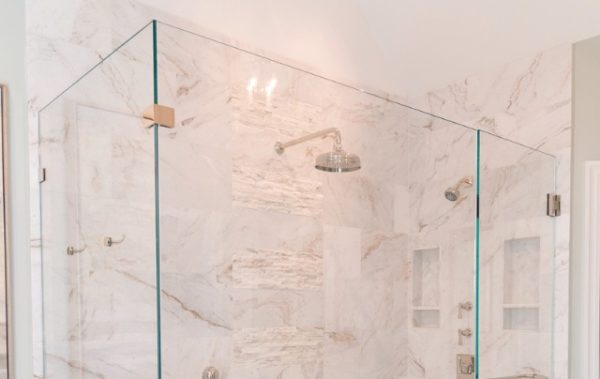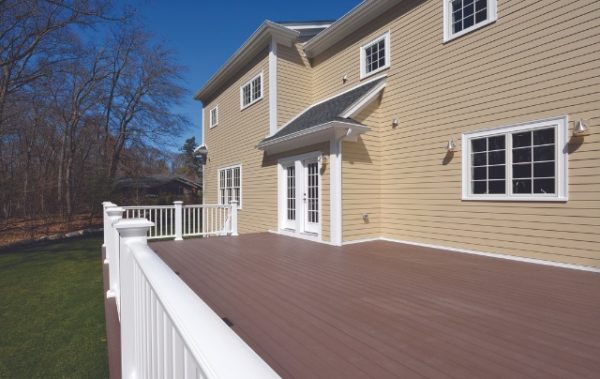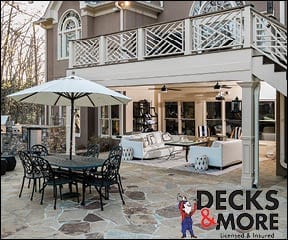Inspect Your Home in the Spring

Website
Portis Building & Interiors, Inc.
Spring is the best time to make a thorough inspection of your home, since it follows the winter weather that can so often be the cause of wear and tear on a home. Do it now before summer vacations, summer visitors and summer heat sets in. On you own, or with the help of your contractor make a close examination of the items listed below. The following steps will help you preserve your home as an investment, avoid costly future repairs and extend the life of many of your homes' components.
ROOFS
This is a critical area of concern. You don't necessarily have to climb on the roof to check it out. Use a neighbor's upper floor window to inspect hard to view areas of your roof from the outside. Things to look for include missing or cracked shingles, flashing at dormers, problems in valleys, sky lights, plumbing stacks and areas where down spouts from upper roofs discharge onto lower roofs. Curling shingles are another sign of deterioration and may indicate that a roof has a short life. Check the underside of the roof from the attic for water spots. If you spot any damage from the exterior or notice signs of leaks from the inside, call your contractor immediately.
CHIMNEYS
Inspect chimneys for loose or deteriorated bricks or mortar. If covered with stucco, look for cracks or loose sections. Chimney caps should be checked for loose or broken sections. Flashing should be reviewed for leakage. See if there is any rust, missing rain caps or loose braces on metal chimneys. Consider hiring a certified chimney sweep to inspect and clean your chimney. Creosote or soot build-up is a potential fire hazard. Check loose screens where squirrels and birds can get in and set up spring nests.
GUTTERS AND DOWN SPOUTS
To reduce moisture problems, check your gutters, down spouts, extensions and splash blocks. Look for leaks, rusted spots, loose areas and disconnected down spouts. Clean out any leaves and pine straw so they won't get logged. Make sure water flows away from the house. It's a good idea to check this out when it's raining. While you're looking at the gutters, inspect the soffits for signs of cracked or peeling paint. This could indicate a moisture problem, which could lead to rot, mildew and fungus. Contact a dependable contractor to repaint or replace damaged soffits.
THE ATTIC
This space should be inspected for rot. Check to make sure the insulation is not wet. Make sure there is proper ventilation and that vents are not obstructed. Vents at the eaves are often plugged with insulation. Plus, birds often build nests in these vents. Watch for evidence of squirrels, raccoons and other pests. Check the operation of the attic fans and roof mounted turbine vents. Attic fans run on little energy and can greatly reduce summer cooling costs.
WALLS
Masonry walls should be checked for deteriorated brick and mortar. Stucco walls should be inspected for cracking and separating. Wood walls should be checked for rot, loose or damaged boards, caulking, and wood/soil contact. Siding should be inspected for damage. Look at the paint and see if it is blistering or bubbling. It may be because of outward moisture migration from the interior of the house, indicating more serious problems. All walls should be checked for indications of settling. These are all signs of critical maintenance repair and if you notice any of these, call your contractor.
THE FOUNDATION
Look for the evidence of deterioration, dampness and movement on the foundation walls. Some dampness can be expected with older foundation walls and will often result in minor surface deterioration. Monitor this situation periodically. Fill cracks and voids and then monitor the movement. Cracking due to settlement should also be noted and monitored. If you see dramatic changes, have your contractor take a look and make the necessary repairs.
DECKS
Hot Georgia sun and intense heat both takes its toil on wooden decks. Walk around your deck and make sure the floor, railings, steps and stairs feel solid and are secure. Look carefully for rot and insect infestation. For maximum preservation, decks should be scrubbed and sealed, stained or painted.
HVAC
Summer starts early in Georgia. To prevent repair problems in the hot weather and to extend HVAC equipment life, consider a regular maintenance contract with a dependable HVAC service. Full-year preventative maintenance programs not only provide seasonal inspections and tune-ups, filter changes, discounts on products and priority service.
TREES, SHRUBS AND VINES
Trim shrubs and trees so that they clear the foundation, exterior walls, and roof of the house. Shrubbery that's too close to the house can promote mildew, mold and algae, particularly during the warmer weather. Make sure shrubs clear the HVAC units and don't interfere with optimal functioning.
Remember time invested in good home maintenance could save you from frustration and major expense in the future. Use your contractor as a valuable resource to help you check for things you might not think of.
Portis Building & Interiors
4681 N Shallowford Rd.
Dunwoody GA 30338
(770) 455-4319
www.portisbuilding.com

Atlanta Modern Design Homes

Top Ten Flooring Mistakes to Avoid Part 1 of 3

A She Shed Goes Country Chic
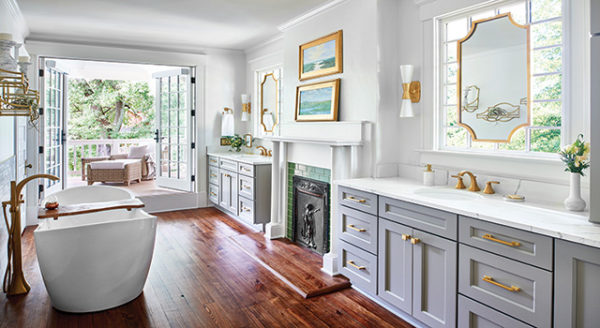
Award-Winning Kitchens, Baths, Interior Design and More
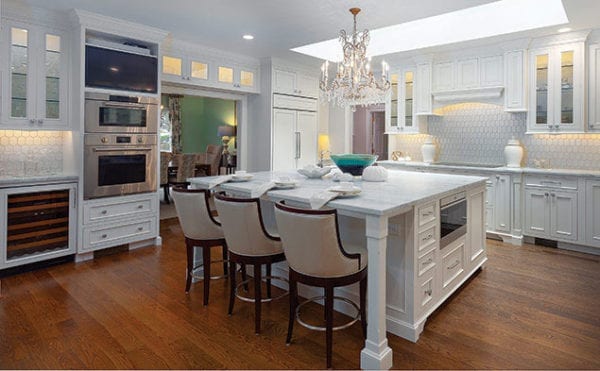
Atlanta’s NKBA Designs of Distinction 2019 Winners

100 Things to Know Before You Remodel

What’s the simplest way to upgrade your window treatments?
